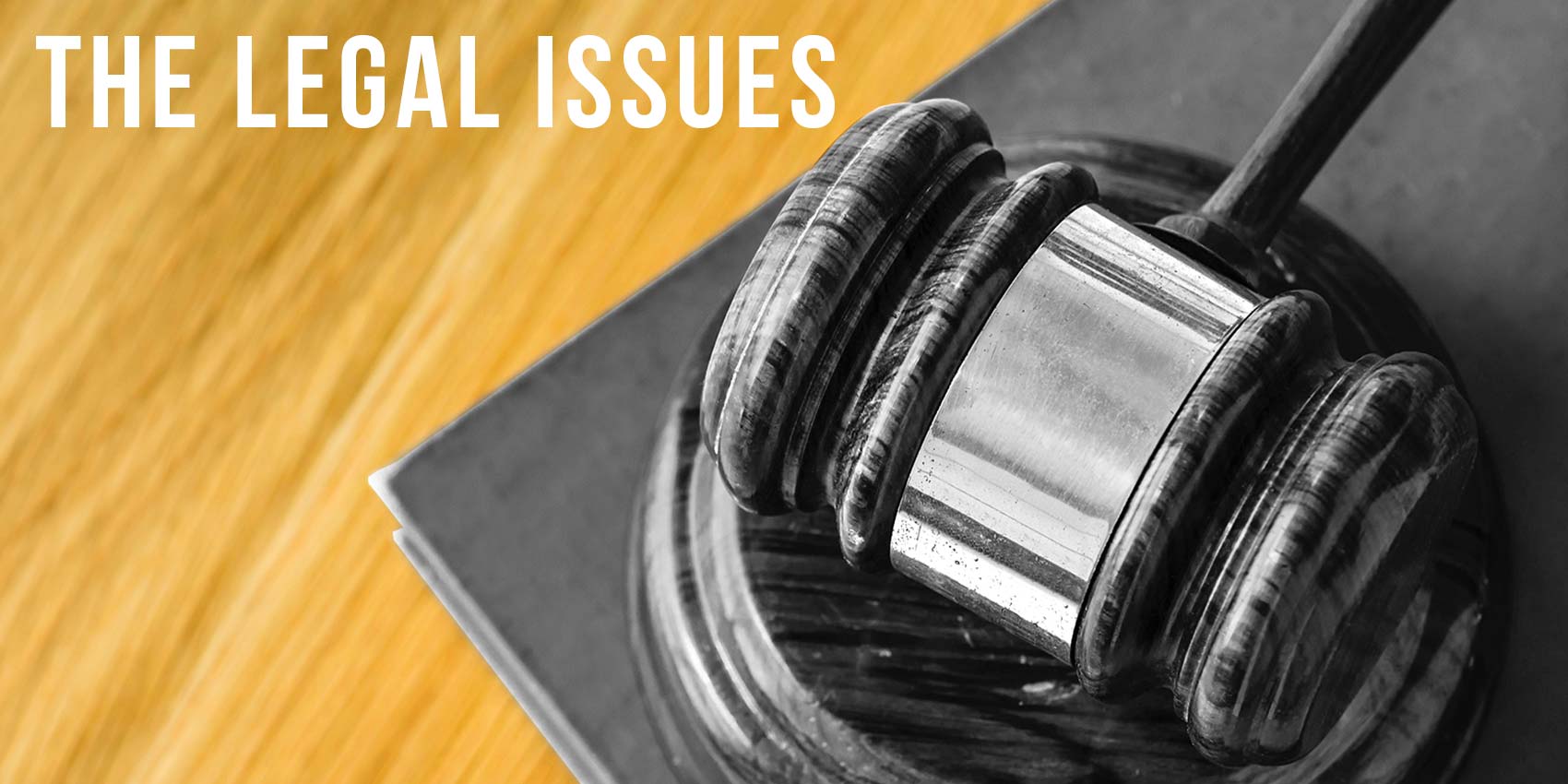09 Nov The legal debate

As of 2018, in the United States marijuana has different legal status in different states. Nine states allow for the use of marijuana for recreational or medical purposes, which means that marijuana can be sold to anyone over the age of 21 legally (like alcohol). Twenty one states allow marijuana use for medical purposes only. This means that you need a doctor’s prescription to obtain it (just like you need a prescription for antibiotics or pain medication).
(Source: https://www.businessinsider.com/legal-marijuana-states-2018-1)
So, in general, there are three different stances being taken:
- Marijuana should be legal (just like alcohol.)
- Marijuana should be legal ONLY for medical uses (so it should require a prescription).
- Marijuana should not be legal at all.
In the first case, the argument is given that marijuana is just like alcohol and therefore should be able to be used for recreational purposes. People who feel this way believe that if marijuana is legal the government can control it better and regulate it, just like they do with alcohol, making it safer for everyone.
In the second case, people argue that marijuana should be legalized for medical purposes. They argue that we use many different drugs to help people manage pain, why should marijuana be any different? They point to the pain and suffering that could be alleviated for many people if marijuana could be prescribed. They believe that these benefits are critically important to the quality of life for many people.
Finally, the argument against legalization usually centers around marijuana’s addictive qualities and its current role as the “gateway” drug to more dangerous drugs (ones that often lead to death, not death by accident). The people who take this stance point to some abuses that have taken place in states where marijuana has been legalized of medical purposes: for example, some doctors have prescribed it without adequate medical cause.

DID YOU KNOW? “In 2008, marijuana use accounted for 4.2 million of the 7 million people aged 12 or older classified with dependence on or abuse of an illicit drug. This means that about two thirds of Americans suffering from any substance use disorder are suffering from marijuana abuse or marijuana dependence.”
(Source: https://www.cnbc.com/id/36267223)
Opponents of legalization also point to the difficulties involved in regulating the use (that is how can standards be created so that users know what they are using? How can authorities know if someone is driving under the influence of marijuana?).
Because of these three different stances, the legality of marijuana in this country varies from state to state (as noted above). But, state laws are not always consistent with federal law. Strange but true. (States usually try to adopt laws that are consistent with federal law so that they receive federal help with their laws.) This is the case with marijuana. The US Federal Government considers marijuana to be a Schedule I narcotic (because it is believed to be addictive and thus likely to be abused). A Schedule 1 designation means that growing, distributing or possessing marijuana is a federal crime. This conflict between some states’ laws and federal law around marijuana is still evolving: technically federal agents could shut down legal marijuana businesses in states like California where it is legal. Confused? Yeah. So are the law makers. That’s another part of why marijuana’s legality is still a subject of large debate across the nation.
We encourage you to have this debate: we hope you will continue the discussion with each other but especially with your parents. Ask them how they feel and what they believe. What conversations have you had with your parents about marijuana use?




Post Question:
Do you think marijuana should be legal or illegal?
Answer the post question here
What's being said